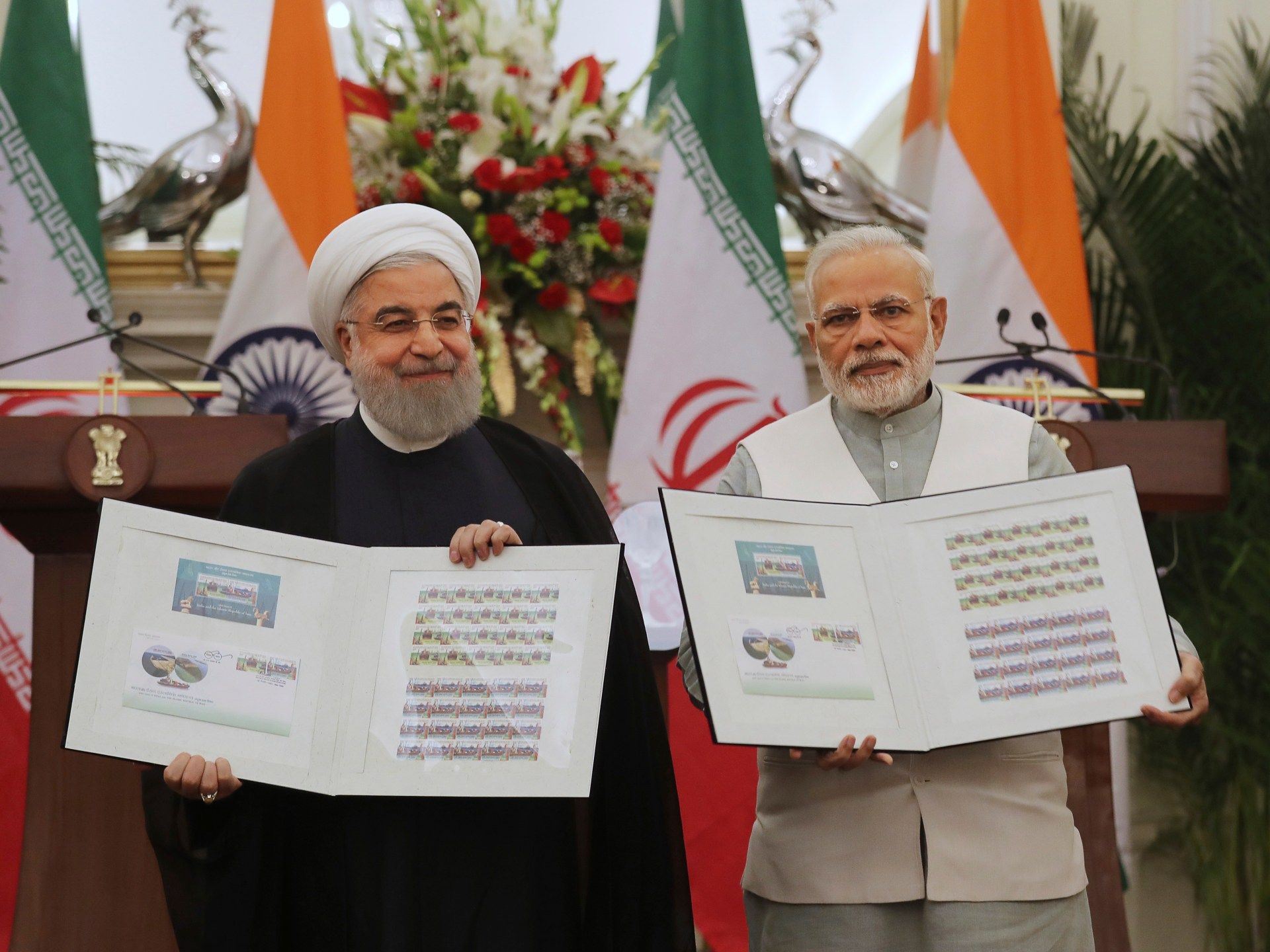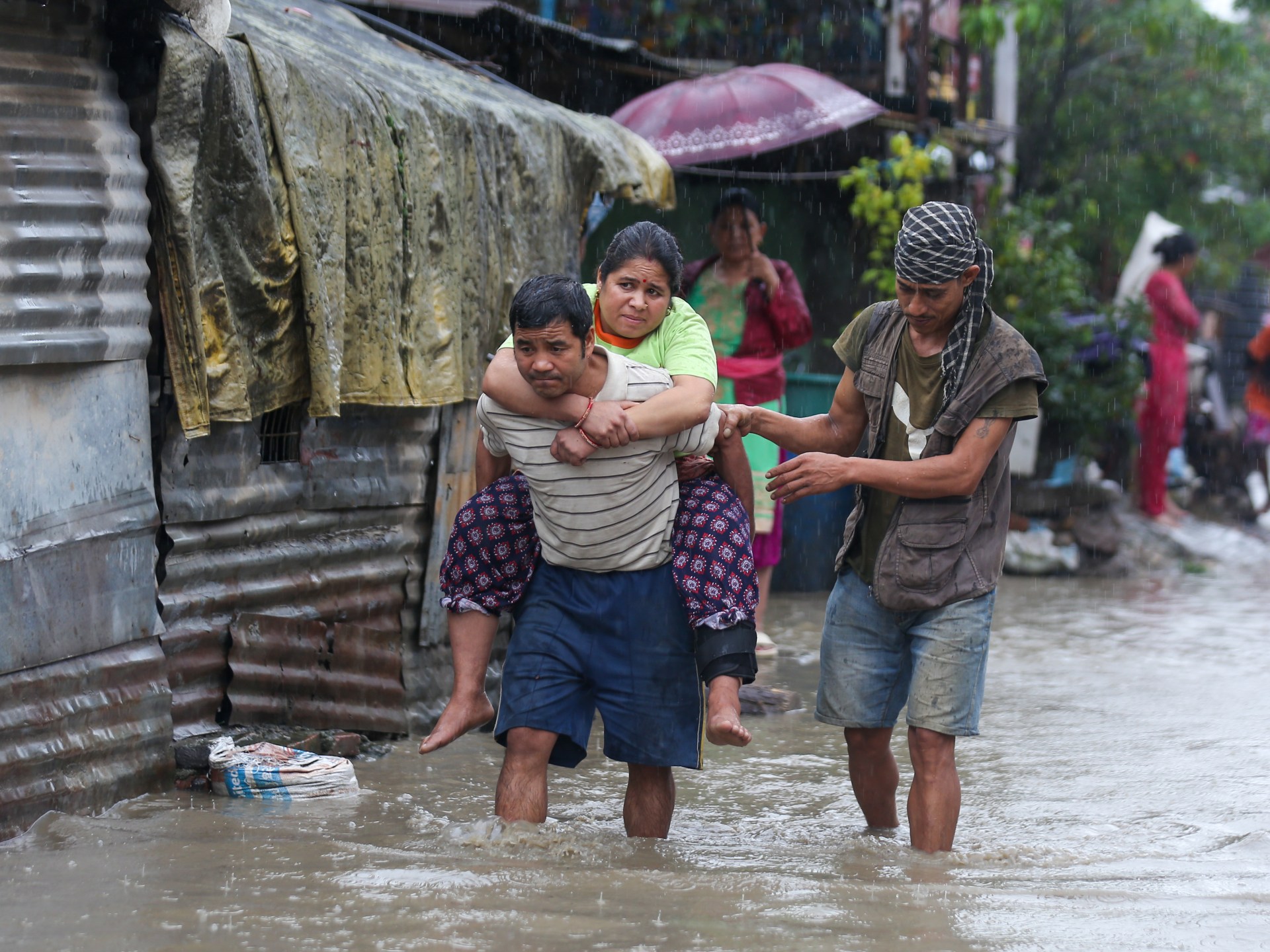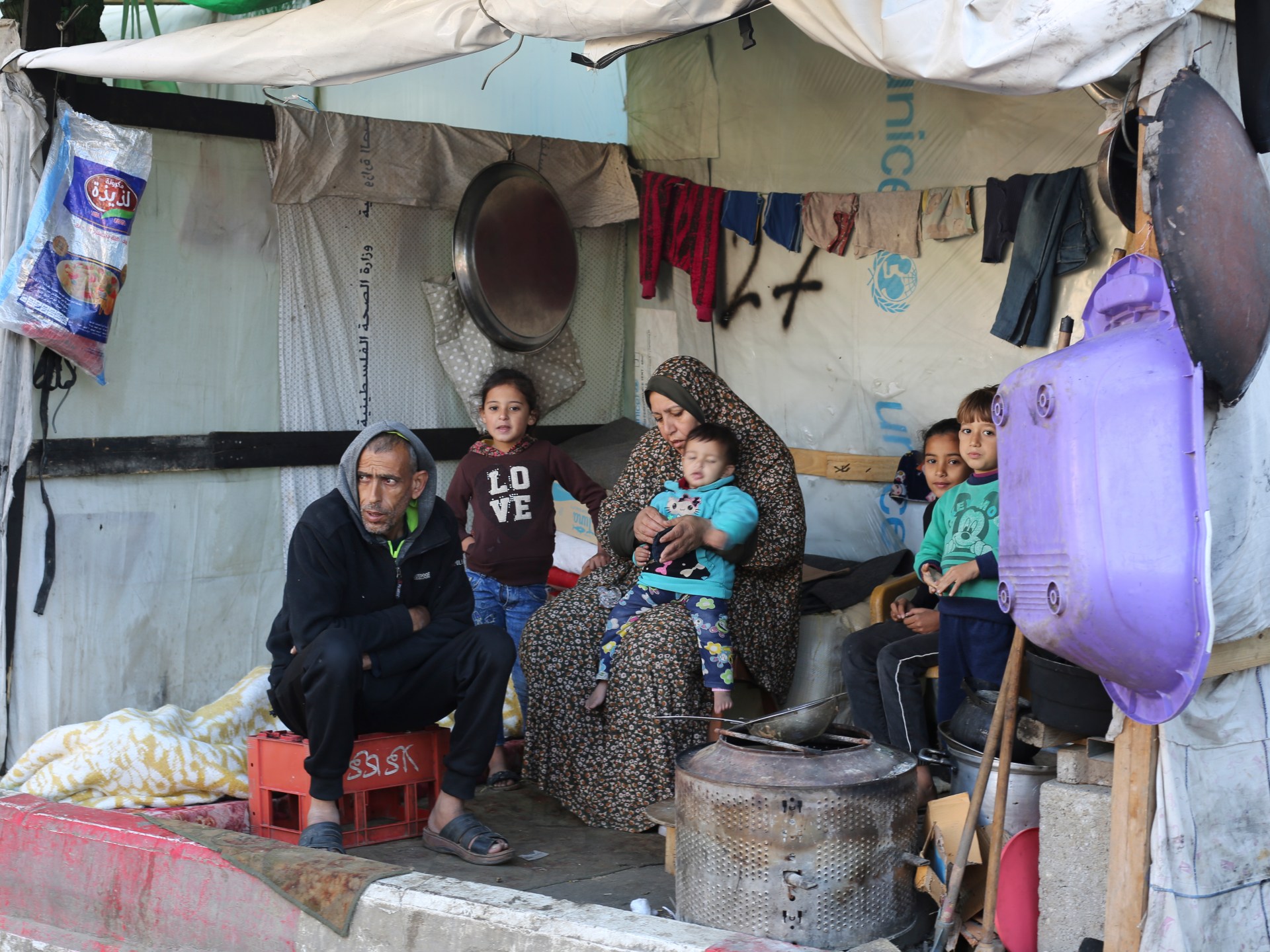Despite strong ties, Khamenei's past criticisms include India's handling of Muslim affairs and the Kashmir region.
India has slammed Iran's supreme leader for comments on the treatment of its Muslim minority.
India's Ministry of External Affairs said in a statement on Monday that remarks made by Ali Khamenei in a post on X were “misinformed and unacceptable.” While India and Iran generally enjoy close relations, the attitude of India's Hindu nationalist government toward minorities has led to disagreements in the past.
“Countries making comments about minorities are advised to look at their own track record before making comments about others,” the statement from New Delhi read.
The brief letter followed a social media post by Khamenei on Monday that said: “We cannot consider ourselves Muslims if we are oblivious to the suffering of a Muslim in Myanmar, Gaza, India or anywhere else.”
The enemies of Islam have always tried to make us indifferent to our shared identity as an Islamic Ummah. We cannot consider ourselves Muslims if we ignore the suffering that a Muslim is undergoing in #Myanmar, #Loop, #Indiaor any other place.
— Khamenei.ir (@khamenei_ir) September 16, 2024
India and Iran have a generally good relationship, reflected in their strong economic ties. In May, they signed a ten-year contract to develop and operate Iran's Chabahar port on the country's southeastern coast.
India is developing the port as a gateway for exports to Iran, Afghanistan and Central Asia, which would allow it to bypass the ports of Karachi and Gwadar in rival Pakistan.
But Khamenei has been critical in the past on issues involving Muslims in India and the troubled Muslim-majority region of Kashmir.
Human rights groups have alleged that mistreatment of Muslims has increased under Prime Minister Narendra Modi, who took office in 2014.
Since then, the country has seen a rise in the number of attacks against Muslims and their livelihoods. Reports of hate speech have also increased.
Cases of mob lynchings committed under the pretext of protecting cows, considered sacred by some Hindus, have increased during Modi's time in power, and homes and properties have been demolished.
In March, the Indian government announced rules to implement the Citizenship Amendment Act, a controversial law that paves the way to Indian citizenship for non-Muslim refugees from neighboring countries.
It declared that Hindus, Parsis, Sikhs, Buddhists, Jains and Christians who fled to Hindu-majority India from Afghanistan, Bangladesh and Pakistan, mainly Muslim countries, before December 31, 2014, were eligible for citizenship.
The law has been declared “anti-Muslim” by several human rights groups because it excludes the community from its scope, raising questions about the secular nature of the world’s largest democracy.
Meanwhile, critics also accuse Iran of discrimination against minorities.
Last month, a UN report said ethnic and religious minorities, particularly the Kurdish and Baluchi minorities, have been disproportionately affected by Tehran's crackdown since mass protests in 2022.












